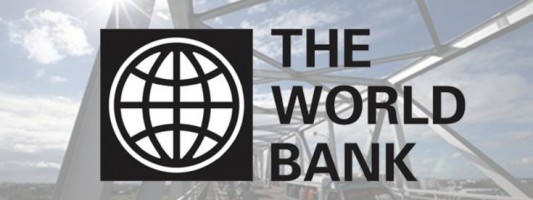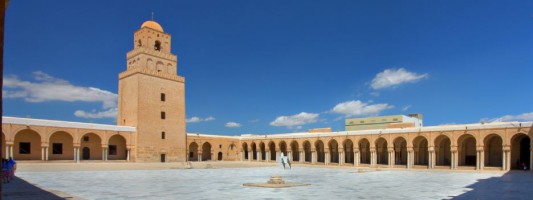In 3Q 2015, total global Islamic assets under management (AuM) stood at USD60.2 billion. The sector is conservatively projected to grow by 5.05% per annum for the next five years to reach USD77 billion in value by 2019. This is substantiated by a number of facts, such as the average growth rate of Islamic funds at 9.55% per annum over the past five years. »
An overview of the issuance of Sukuk from design, structuring and implementation as well as commercial considerations , documentation formats, Reg S /144A and Reg S Only key characteristics. Presentation by Muhammad Noman Ansari. »
Mauritania’s efforts to modernize and improve the stability of the banking system have increased financial intermediation and the number of foreign banks. The government is also taking steps to expand Islamic finance. »
Growing potential in Asia’s economies supports expansion of Islamic financial services. The region’s efforts towards greater integration, including financial integration, provide solid growth foundations for a strong Sharia compliant financial industry. »
The report summarises global trends in Islamic finance with a particular focus on the development of the UK market. »
With its in-built principles that support financial stability, inclusiveness and economic development, Islamic Banking and Finance lends itself well to catalysing and promoting real economic. Key Islamic financial segments such as Islamic banking and capital markets continued to support economic growth across the globe by providing Shariah-compliant modes of funding and financing. »
Despite the lowering commodity prices, tightening global financial conditions and possible higher interest rates, OIC Member States will maintain economic growth next two years. Thus, it is expected that OIC Member States average economic growth rate will accelerate in 2016 and 2017 with 5.1 and 5.8 percent, respectively. »
Ethical, equitable, social and sustainable investments are all synonymous to both Sharia compliant finance industry and SRI, where investors take into account the social returns and society. »
World Bank: Islamic finance promotes risk sharing, connects the financial sector with the real economy, and emphasizes financial inclusion and social welfare. The Bank’s involvement in Islamic finance is linked to its work on reducing poverty, expanding access to finance, and building financial sector stability and resilience. »
As the Islamic financial industry continues to evolve and experience growth, it is also gaining sophistication in its appeal to demanding investors. As a prime example, Shariah-compliant Private Equity/Venture Capital (PE/VC) is an ideal model for Islamic finance as it represents the participatory modes of financing imbued with risk sharing concept. There is a very close relationship between conve... »











